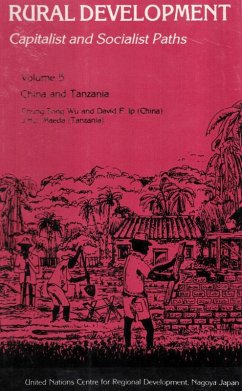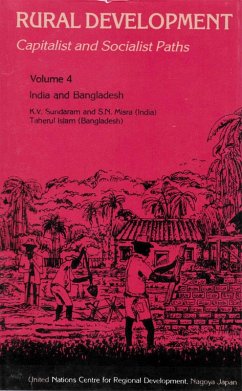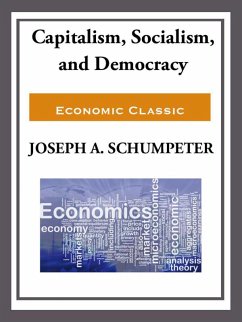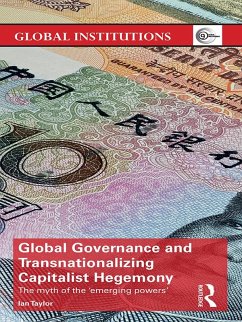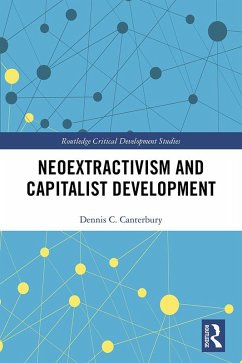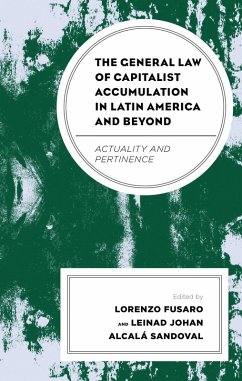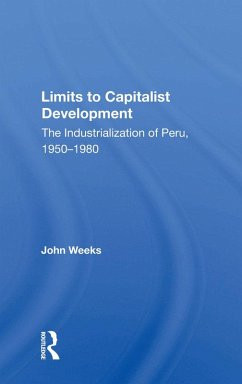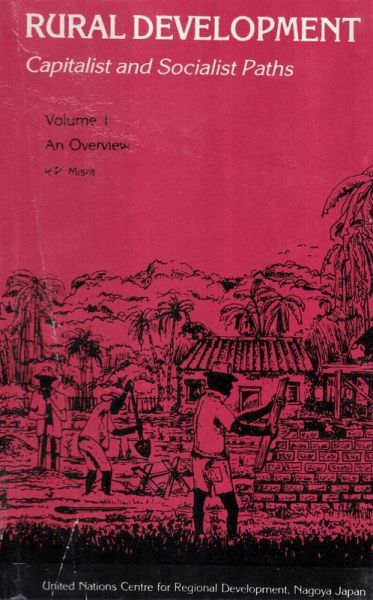
Rural Development Capitalist And Socialist Paths (An Overview) (eBook, ePUB)

PAYBACK Punkte
10 °P sammeln!
This study is an attempt to explain the changes in public policy in democratic systems. It presents an argument that there is an interdependent or exchange relationship between the choices of the policy-makers and trie policy -takers. Periodic elections and the political parties arc important institutional mechanisms which make the exchange relationship possible. The policy-makers use the policy as an instrument to provide inducements to their own supporters. The structure of the market for political exchange is characterised as monopolistic competition. The policy-makers are assumed to maximi...
This study is an attempt to explain the changes in public policy in democratic systems. It presents an argument that there is an interdependent or exchange relationship between the choices of the policy-makers and trie policy -takers. Periodic elections and the political parties arc important institutional mechanisms which make the exchange relationship possible. The policy-makers use the policy as an instrument to provide inducements to their own supporters. The structure of the market for political exchange is characterised as monopolistic competition. The policy-makers are assumed to maximise the probability of re election while the policy-takers are assumed to maximise the benefit and minimise the costs from a policy. These assumptions lead to a number of propositions about the conditions of a policy change. These propositions alongwith those emerging from the socio-economic and the political factors arc tested using data from twenty-one contemporary democratic regimes between 1952-1980. These analyses confirm the contention that political exchange plays an important part as a determinant of policy outcomes.
Dieser Download kann aus rechtlichen Gründen nur mit Rechnungsadresse in A, B, BG, CY, CZ, D, DK, EW, E, FIN, F, GR, HR, H, IRL, I, LT, L, LR, M, NL, PL, P, R, S, SLO, SK ausgeliefert werden.




